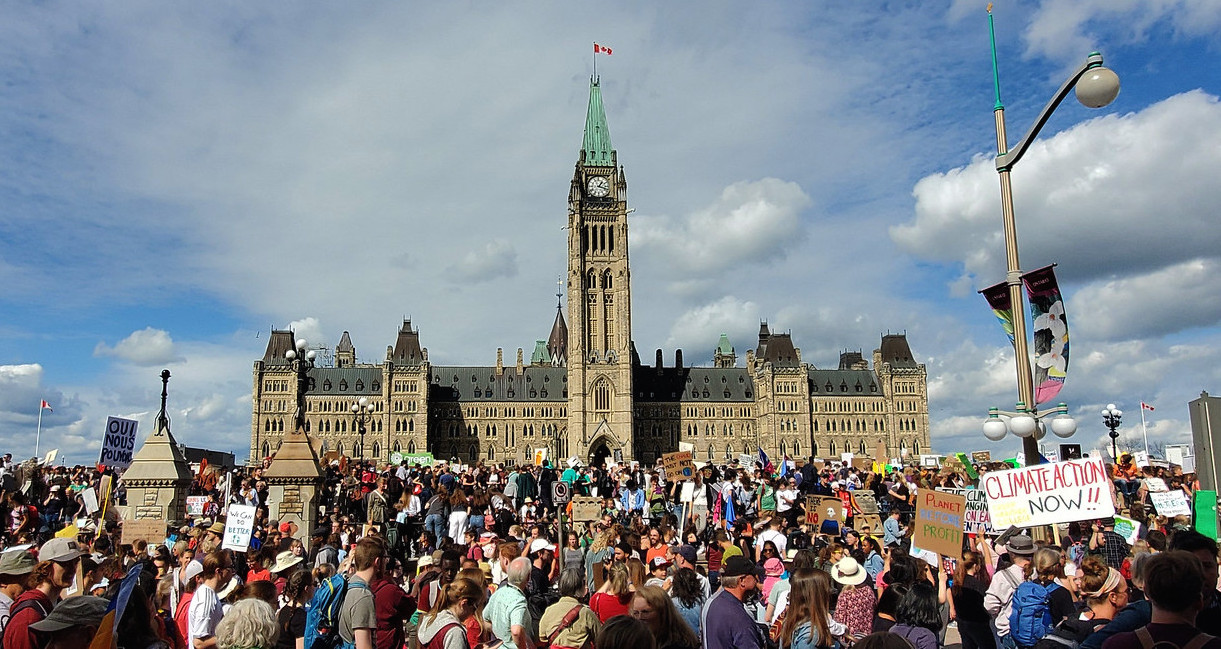“I look at my children, and more specifically my grandchildren. I don’t think it’s right for us to be living today and giving the bill to our children to take care of. We need to live within our means, just like every household in the country lives within their means. “
Such is the mantra of Conservative candidates whose crocodile tears about government debt and fiscal responsibility can be heard falling from coast to coast to coast in the election campaign. This particular quote is lifted from an interview with the Conservative candidate in Elmwood-Transcona. The hypocrisy of this concern is demonstrable after a cursory look at the fiscal record of many Conservative governments over the years, both federal and provincial. The fact is that they are not particularly fiscally virtuous compared to governments of other stripes, and have arguably contributed more than their share to the national debt.
The deficit mantra, when employed by conservatives, and Liberals when it suits them, is more often than not used as an excuse for cutting services they don’t like, to free up money for things they do, like tax cuts for those who don’t need them. It is also used as an excuse to privatize public assets and sell them to their corporate friends, so they can charge Canadians for the use of something they once owned. Yet to say more about this would be to miss the point.
The point is that even if we have been living beyond our means fiscally, which is debatable, the inescapable fact is that there are other kinds of deficits. These other deficits that we are passing on to future generations are far more serious and intractable, deficits that might be described as the environmental deficit, the social deficit, and the health deficit. Yet these intergenerational ethical questions do not register in the Tory accounting.
Arguably the most egregious deficit that is already being passed on to a younger generation is climate change, and all the dangers that global warming poses for the human prospect. If the fiscal deficit-fighters over the years had been more worried about this deficit — that comes from carbon spending and not government spending — we would have a fully revamped and electrified public transportation system, and solar, wind, and other alternative energy sources would have received the kind of support the fossil fuel industry has received.
The lack of an adequate intergenerational ethic here is as plain as the cries of Greta Thunberg and other young people who are crying out for help to secure a livable future. Yet the Conservative candidate quoted earlier would not even attend a local high school debate on climate change arranged by the very young people he claims to be concerned about. And his party’s attitude and policy on anthropocentric-driven climate change is just a hair’s breadth away from full-frontal denial.
Then there is the social deficit and the health deficit, the intergenerational ethical lapse that comes from years of underspending on decent affordable child care, on affordable housing, on affordable drugs, on clean drinking water for First Nations, on preventative health care, and a myriad other social determinants of health and opportunity that with proper investments over the years would have mitigated considerably the siege that our health-care system is now enduring, and the silent suffering of many Canadians who live in circumstances that good public spending could have improved in large part.
There is more than one kind of deficit. Anybody who is truly concerned about their children and grandchildren should be anxious to talk about the environmental deficit instead of hiding out behind old fiscal mantras. In the end you can’t eat, drink, or breathe money. It is certainly debatable whether we are living beyond our fiscal means. Living beyond the capacity of the planet should be a much greater concern.
Bill Blaikie, former MP and MLA, writes on Canadian politics, political parties and Parliament.
Image: Mike Gifford/Flickr



